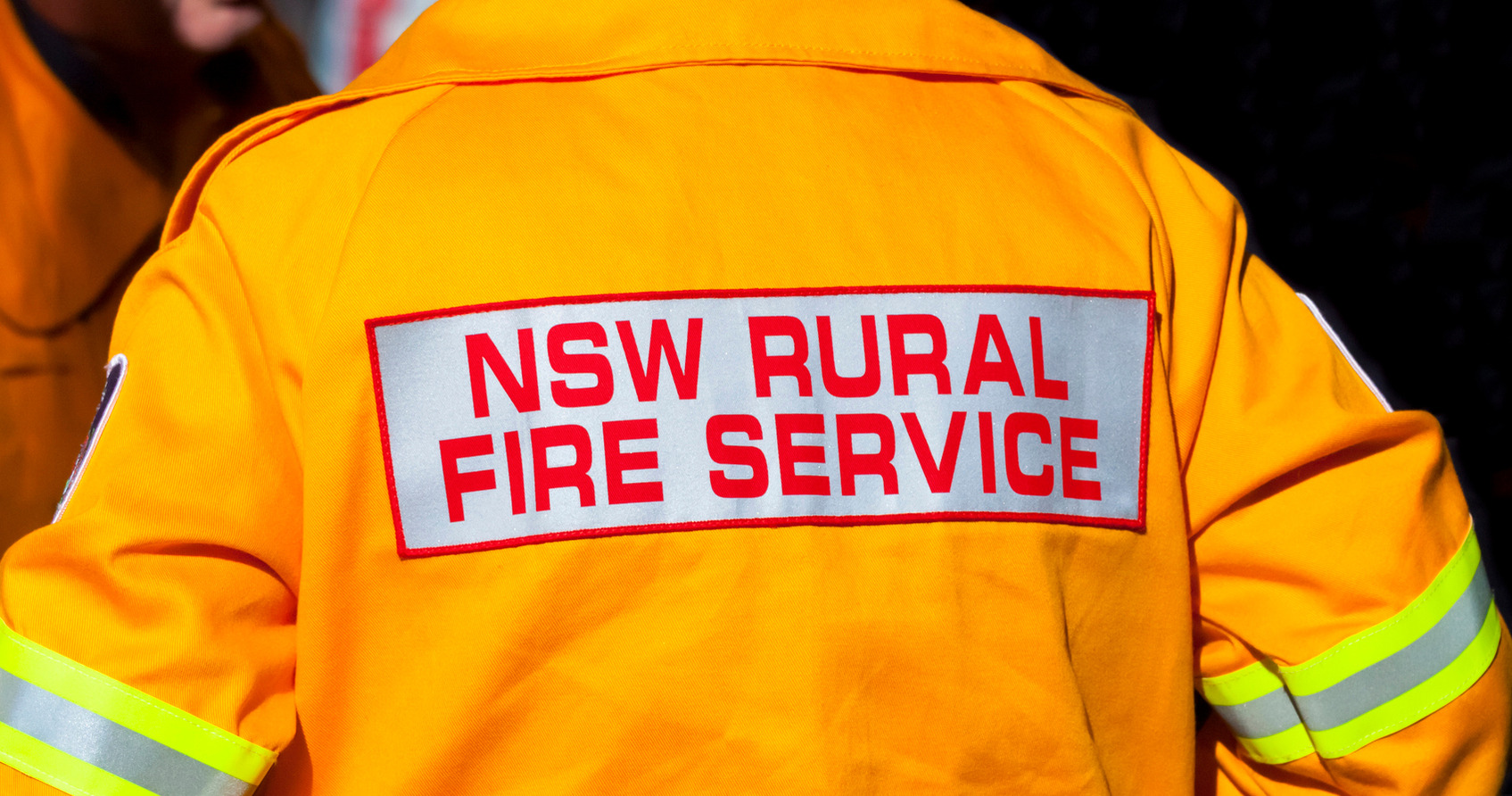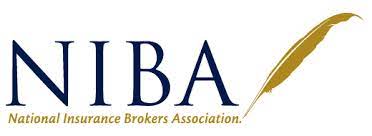NSW Government invites public feedback on proposed ESL reforms
Business sector extends its support for levy overhaul.

In a bid to address growing concerns over the sustainability of the current Emergency Services Levy (ESL) arrangement, the New South Wales (NSW) Government has released a Consultation Paper inviting public feedback on proposed reforms.
The Paper outlines four possible models that could replace the current system, where the levy is collected via insurance premiums to one where the burden is being across all property owners.
NSW Treasurer Daniel Mookhey emphasised the importance of public input in shaping the future of the state’s emergency services funding, stressing the need for a fair and sustainable system that adapts to the current and future challenges.
"We’re encouraging industry stakeholders and the wider community to express their views now so the new funding model for emergency services in NSW is fair, efficient, simple and adapted to the future impacts of climate change," stated Mookhey.
NSW Treasury estimates that the total annual cost of flood and bushfire to the economy is projected to increase from $7 billion in 2020-21 to $24 billion by 2070-71 as climate change related extreme weather events become more frequent.
NSW’s business sector supports levy overhaul
Business NSW has thrown its weight behind the proposed reforms, highlighting the disproportionate impact of the current system on small to medium enterprises (SMEs) and family businesses.
Business NSW CEO Daniel Hunter underscored the urgent need for change, noting that business insurance costs have consistently ranked as a top concern for businesses in recent Business Conditions Surveys. Hunter emphasised that ESL reform is crucial in addressing the overall cost-of-living crisis, particularly for SMEs facing financial constraints.
The consultation paper reveals stark statistics regarding the current ESL's effect on insurance premiums, with residential property premiums in NSW inflated by around 18% and commercial property premiums by approximately 34%. These comparatively high costs, when taking other states into consideration, are cited as a significant barrier for businesses, impacting their ability to afford other essential types of insurance.
Business NSW's research into business insurance has highlighted alarming rates of underinsurance among various sectors, including tourism, hospitality, transport, and construction, leaving many vulnerable to financial ruin in the event of emergencies. Hunter stressed the importance of establishing a sustainable funding model that ensures all beneficiaries contribute to emergency services, not just those who pay for insurance.
“The key is having a sustainable model with everyone who benefits from the emergency services is contributing – not just the households and businesses who pay for insurance,” said Hunter.
The consultation period for the proposed reforms will remain open until May 22, providing stakeholders and the public with an opportunity to shape the future of emergency services funding in NSW.
The Consultation Paper is asking for feedback on a range of things, including the operation of levy rates, how the levy should be collected and possible protections that need to be considered for vulnerable groups.
The Consultation Paper can be accessed here.
